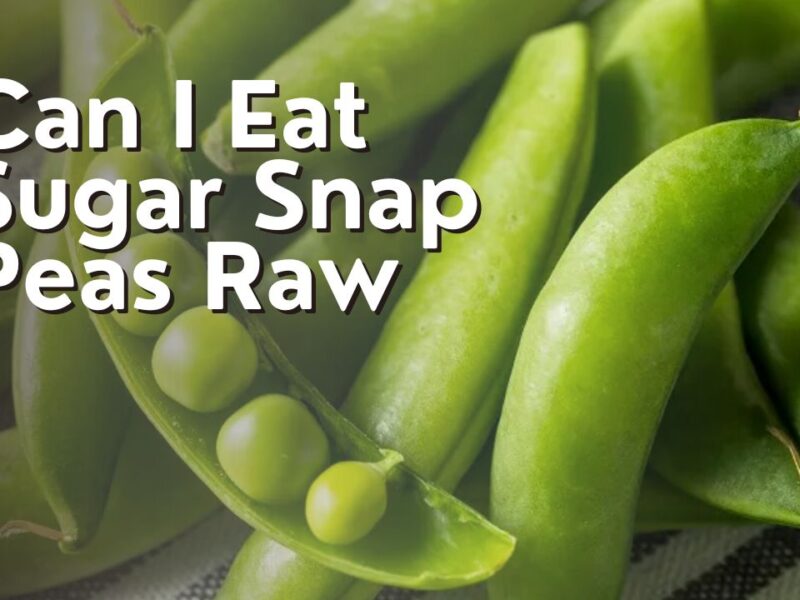Can dogs eat whole wheat bread? It’s a question that many dog owners have, especially those who want to share a tasty treat with their furry friends. As a dog lover myself, I’ve often wondered about the nutritional value and potential risks of feeding whole wheat bread to dogs.
In this article, I will explore the topic and provide you with all the information you need to make an informed decision. We’ll delve into the nutritional benefits of whole wheat bread, as well as any potential risks and considerations you should be aware of.
Additionally, I’ll offer alternatives to whole wheat bread that can still provide a satisfying snack for your canine companion. So, if you’ve ever wondered whether it’s safe to share your sandwich with your four-legged friend, keep reading to find out the answer!
The Nutritional Value of Whole Wheat Bread for Dogs
Discover the awesome nutritional benefits of feeding your furry friend whole wheat bread!
Whole wheat bread can be a great addition to your dog’s diet, as it offers several important nutrients.
First of all, whole wheat bread is a good source of fiber, which can help regulate your dog’s digestive system and prevent constipation. It also contains essential vitamins and minerals, such as iron, zinc, and B vitamins, which are important for your dog’s overall health and well-being.
Additionally, whole wheat bread is a good source of carbohydrates, which provide energy for your dog. This is especially beneficial for active dogs or those who participate in agility training or other physical activities. The complex carbohydrates found in whole wheat bread are digested more slowly than simple carbohydrates, providing a steady release of energy throughout the day.
However, it is important to remember that whole wheat bread should only be given to your dog in moderation. While it can be a nutritious addition to their diet, it should not replace their regular dog food. It’s also important to choose a whole wheat bread that does not contain any added sugars or artificial ingredients, as these can be harmful to your dog’s health.
In conclusion, whole wheat bread can be a healthy and tasty treat for your dog, offering important nutrients and energy. Just remember to feed it in moderation and choose a high-quality, natural option.

Potential Risks and Considerations
Be mindful of the potential risks and considerations when giving your furry friend whole wheat bread. While it can offer some nutritional benefits, there are a few things to keep in mind.
- Allergies: Dogs can have allergies or sensitivities to certain foods, including gluten found in whole wheat bread. If your pup has a gluten sensitivity or any other known allergies, it’s best to avoid feeding them whole wheat bread.
- Digestive Issues: Dogs have different digestive systems than humans, and some may have a harder time digesting grains. Feeding your dog too much whole wheat bread can lead to digestive issues like bloating, gas, or diarrhea. It’s important to introduce any new food gradually and monitor your dog’s reaction.
- Weight Gain: Whole wheat bread is higher in calories compared to regular dog food. Feeding your dog too much bread can lead to weight gain and obesity, which can have negative effects on their overall health. Offer bread as an occasional treat and not as a regular part of their diet.
- Nutritional Imbalance: While whole wheat bread contains some nutrients like fiber and protein, it should not replace a balanced dog food diet. Dogs require a specific balance of nutrients to thrive, and relying on bread alone can lead to nutritional deficiencies.
In conclusion, while whole wheat bread can be a tasty treat for your dog, it’s important to be aware of the potential risks and considerations. Consult with your veterinarian before introducing any new foods into your dog’s diet.
Introducing Whole Wheat Bread to Your Dog’s Diet
When incorporating whole wheat bread into your furry friend’s diet, it’s important to introduce it gradually and monitor their reaction. Dogs can have different sensitivities and allergies, so it’s crucial to be observant. Start by giving them a small piece of bread and watch for any adverse reactions such as vomiting, diarrhea, or changes in behavior. If they tolerate it well, you can gradually increase the amount over time.
However, it’s important to note that whole wheat bread should only be given to dogs in moderation. It should never make up a significant portion of their diet as it lacks essential nutrients that are necessary for their overall health. Additionally, too much bread can lead to weight gain, digestive issues, and even pancreatitis in some cases.
To ensure a balanced diet, it’s recommended to consult with your veterinarian before incorporating whole wheat bread or any other human food into your dog’s diet. They can provide guidance based on your dog’s specific needs and health conditions.
Here is a table summarizing the potential risks and benefits of introducing whole wheat bread to your dog’s diet:
| Potential Risks | Potential Benefits |
|---|---|
| Weight gain | Source of energy |
| Digestive issues | Fiber content |
| Pancreatitis | Protein and carbohydrates |
| Allergic reactions | Taste and texture |
| Lack of essential nutrients | Variety in diet |
Remember, whole wheat bread should always be given in moderation and as part of a well-balanced diet for your furry friend.
Alternatives to Whole Wheat Bread
Looking for other options to add to your pup’s diet? Let’s explore some delicious alternatives to whole wheat bread!
One great alternative to whole wheat bread is sweet potato. Not only is it tasty, but it’s also packed with nutrients like fiber, vitamin C, and beta-carotene. You can simply bake or steam a sweet potato and then cut it into small pieces for your furry friend to enjoy.
Another option is brown rice. It’s a healthy source of carbohydrates and can be easily prepared by boiling it until it’s soft. You can mix it with your dog’s regular food or serve it as a side dish.
If you’re looking for something more protein-rich, boiled chicken is a fantastic choice. It’s lean and packed with essential amino acids. Just make sure to remove the skin and bones before serving it to your pup.
Lastly, pumpkin puree is a great alternative to whole wheat bread. It’s low in calories and high in fiber, which can help with digestion. You can mix it with your dog’s food or freeze it into small cubes for a refreshing treat.
Remember, it’s always important to consult with your veterinarian before making any significant changes to your dog’s diet.

Conclusion: Moderation is Key
Incorporating a variety of nutritious options into your pup’s diet is crucial, and remembering to moderate their intake of any particular food is essential for their overall well-being. This applies to whole wheat bread as well. While dogs can eat whole wheat bread in moderation, it should not be a staple in their diet.
Whole wheat bread can be a good source of fiber and nutrients for dogs, but it should not replace their regular meals. It is important to remember that dogs have different nutritional needs than humans, and their diet should primarily consist of high-quality dog food specifically formulated for their needs.
Feeding dogs too much whole wheat bread or any other human food can lead to weight gain, digestive issues, and nutrient imbalances. It is best to offer whole wheat bread as an occasional treat or as a small part of their meal, rather than a main component.
In conclusion, while dogs can eat whole wheat bread, it should be given in moderation. Remember to consult with your veterinarian about your dog’s specific dietary needs and whether whole wheat bread is suitable for them. As with any food, it is always important to prioritize your pup’s health and well-being.
Frequently Asked Questions
Can dogs eat other types of bread besides whole wheat?
Yes, dogs can eat other types of bread besides whole wheat. However, it’s important to consider the ingredients and potential allergens. Some dogs may have sensitivities to certain types of bread, so it’s best to consult with a veterinarian before feeding them any.
How much whole wheat bread should I feed my dog?
I should feed my dog a small amount of whole wheat bread as an occasional treat. It should not make up a significant portion of their diet as it can lead to weight gain and digestive issues.
Can dogs have allergies to whole wheat bread?
Yes, dogs can have allergies to whole wheat bread. Some dogs may be allergic to the gluten in wheat, causing symptoms like itching, gastrointestinal issues, and skin irritations.
Is whole wheat bread safe for puppies?
Whole wheat bread is generally safe for puppies to eat. However, it should be given in moderation as part of a balanced diet. Always consult with a veterinarian to ensure it is suitable for your puppy’s specific needs.
Can dogs eat whole wheat bread crust?
Yes, dogs can eat whole wheat bread crust. However, it’s important to make sure there are no added ingredients like garlic or onions, as they can be harmful to dogs.
Conclusion
In conclusion, I’ve learned that while whole wheat bread can be a part of a dog’s diet, it should be given in moderation. It provides some nutritional value and can be a source of fiber.
However, there are potential risks such as gluten sensitivity or allergies. It’s important to introduce whole wheat bread slowly and monitor your dog’s response.
Additionally, there are other alternatives available that may provide similar benefits. Ultimately, a balanced and varied diet is key for our furry friends’ overall health and well-being.


